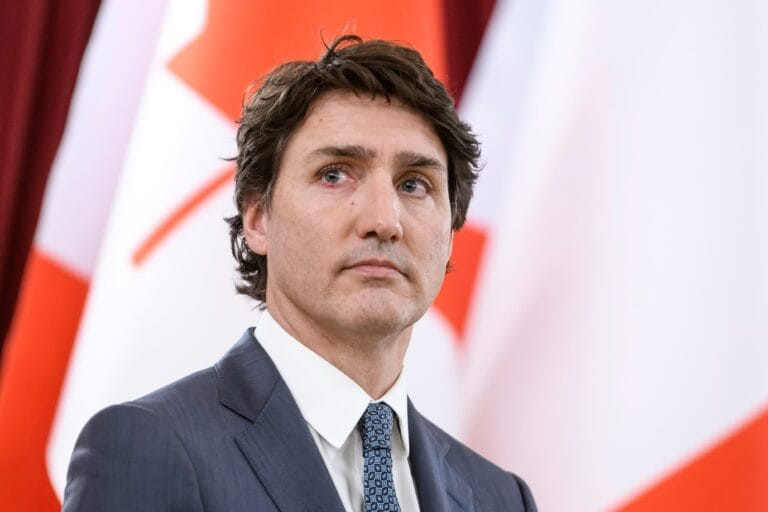As Canada enters an era of political uncertainty, Prime Minister Justin Trudeau’s resignation sparks questions about leadership succession, trade policy, and the broader implications for the nation’s economy, including its effect on the cargo industry.
A leader steps down
After nearly a decade in power, Justin Trudeau has announced his resignation as Prime Minister and leader of the Liberal Party. His decision, driven by waning public support and internal pressures, arrives at a pivotal moment as Canada faces mounting challenges, including escalating trade tensions with the United States under President-elect Donald Trump. Trudeau will remain in office temporarily until the Liberal Party elects his successor.
The leadership race is expected to include heavyweights such as Mark Carney, former Governor of the Bank of Canada; Chrystia Freeland, who played a key role in renegotiating NAFTA; and Mélanie Joly, a strong advocate for Quebec and foreign policy initiatives. Each brings a unique approach to tackling the economic and geopolitical hurdles ahead. (Time, Politico)
Trade tensions at a boiling point
Trudeau’s departure coincides with a looming trade crisis. President-elect Trump has already threatened a 25 percent tariff on Canadian exports, signaling a potentially rocky road ahead for cross-border commerce. This volatile trade environment is not just a diplomatic issue; it could also mean economic disruption across crucial sectors, from automotive manufacturing to agriculture.
For the air cargo industry, the stakes are very high. As an essential link for expedited goods between Canada and the US, the sector faces potential slowdowns, logistical bottlenecks, and rising operational costs if tariffs are imposed. Uncertainty surrounding future trade agreements could also force businesses to rethink supply chains, leading to fluctuating demand for air freight services in the region.
These trade tensions extend well beyond North America. Canada’s reliance on its reputation as a stable and trade-friendly nation could be undermined, creating hesitancy among global trading partners. For the air cargo sector, this means anticipating changes not just in volume but also in the types of goods and routes being prioritised.
Air cargo in the crosshairs
Trudeau’s resignation and its ripple effects on trade policy create an environment of unpredictability for air cargo stakeholders. Canadian exporters may look to alternative markets to mitigate risk, potentially reshaping traditional trade flows. Simultaneously, increased costs from tariffs could discourage the use of expedited freight, further impacting the industry.
Adding to the challenges is the leadership void left in Trudeau’s wake. Key policy decisions critical to the industry, such as labor negotiations and infrastructure funding, could stall during this transition period. For example, Air Canada recently sought government intervention to avert a pilots’ strike, highlighting the vital role federal leadership plays in ensuring stability.
Additionally, infrastructure development and sustainability initiatives that are crucial to the Canadian air cargo industry’s future may lose momentum amid leadership changes. Investments in airport expansion, green aviation technologies, and logistics hubs are key priorities, and uncertainty could deter progress on those fronts.
So what’s next?
As the Canadian Liberal Party prepares for its leadership election, stakeholders must brace for a turbulent few months. The air cargo sector’s growth relies heavily on policy predictability and international cooperation, both of which are now in jeopardy.
However, this transition also offers an opportunity. A new prime minister could bring fresh perspectives to trade and transportation policies, potentially fostering greater resilience in the face of global challenges. Leaders like Carney or Freeland, if elected, may prioritise rebuilding trade relationships and championing more forward-looking economic policies.
In the interim, air cargo industry leaders should actively engage with policymakers and advocate for solutions that prioritise trade continuity and operational stability. Open dialogue and industry collaboration can ensure that challenges, such as labor relations and infrastructure demands, are addressed despite the political transition.
Trudeau’s resignation marks the end of an era in Canadian politics, but for the air cargo industry, it’s the beginning of a critical period of adjustment. As the nation navigates leadership change and trade turbulence, collaboration and forward-thinking strategies will be essential to weather the storm and hopefully emerge stronger on the other side.





